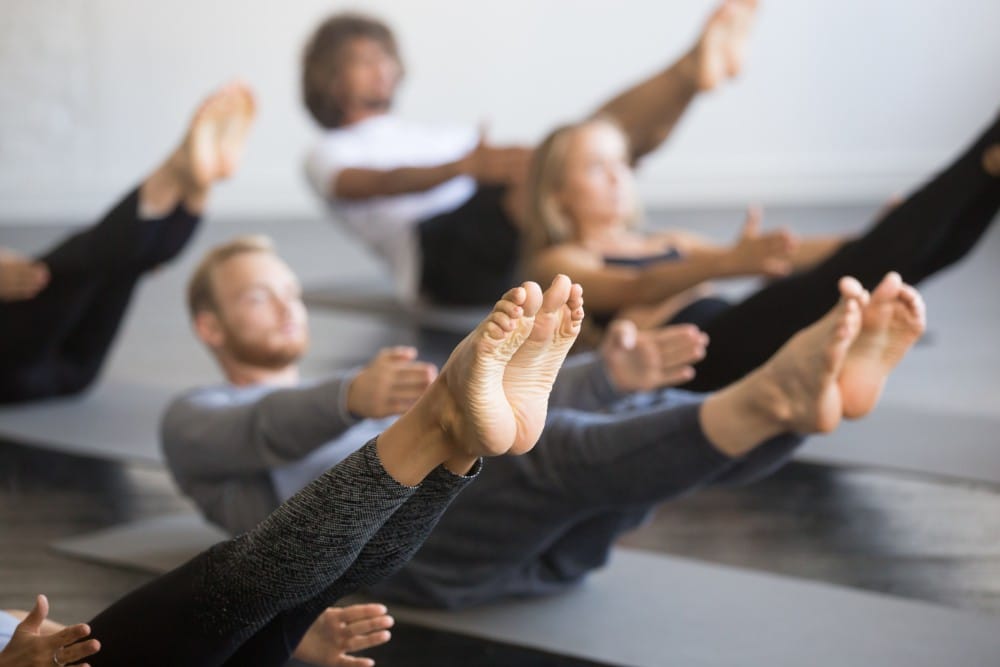
Can Exercise Help Beat Addiction?
Treatment for addiction involves some kind of ‘talk therapy’ or counseling, with a focus on helping the person with addiction sort out why they keep engaging in behaviors, in spite of problems. While people can work on certain habits like exercise, the reality is it is one piece of a larger puzzle when it comes to navigating addiction.
Exercise and Withdrawal
Withdrawal is an unpleasant experience that atkes place when a person with addiction uses drugs or alcohol, gambling, sex, or other thing in an addictive pattern and stops it suddenly. Symptoms vary with some being more difficult than others to cope with. Central to all withdrawal syndromes is the craving of more substances and relief of withdrawal when more of the substance is taken, or behavior is engaged in. feelings of depression or despair, anxiety or lethargy, and issues with this scenario come up.
How it Helps
The way exercise works is that it helps reduce stress, anxiety, and enhances mood. These are major symptoms of withdrawal. Experts increasingly suggest exercise can alleviate withdrawal symptoms. One type of withdrawal shown to be helped by exercise is nicotine withdrawal. Studies have shown smokers who engage in exercise experience reduced cravings for cigarettes. They also have improved mood, reduced withdrawal symptoms and other things compared to non exercising people who quit smoking.
Contact Palmetto Addiction Recovery Center Today
Exercise has been investigated as a treatment for reducing the risk of relapse of addictive behavior. People in recovery who have completed withdrawal phase of detox have lower urges to drink when they are able to engage in bouts of exercise. People in recovery from cannabis use disorder who engage have reduced cravings for marijuana.
In addition to other therapies, like contingency management, it is more effective when combined with exercise-related activities. Studies of animals who have been addicted to drugs show that when exercise is available, they are less likely to relapse to drugs like nicotine and cocaine. Forced exercise may have the opposite effect. The biggest thing is that people feel healthier, more fit, and better overall mood when they exercise. Exercise will not help you understand why you are addicted but it will help you recognize triggers, how to cope, and positive ways to support your body and mind in the journey of recovery.
The Palmetto Center is based on a Therapeutic Community model. We help people learn how to live free of addiction. The key to living a healthy life is to focus on exercise, nutrition, and wellness as part of a holistic approach. Our community support provides structure while trained counselors offer life skills training and therapeutic techniques to help you move past addiction. Our program provides special focus for professionals including chiropractors, nurses, doctors, lawyers, and more who need help with addiction recovery. Call us to find out more: 866-848-3001.